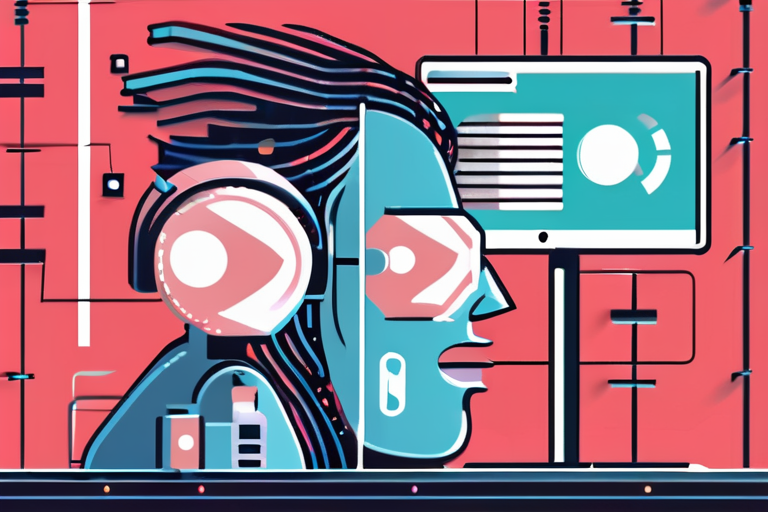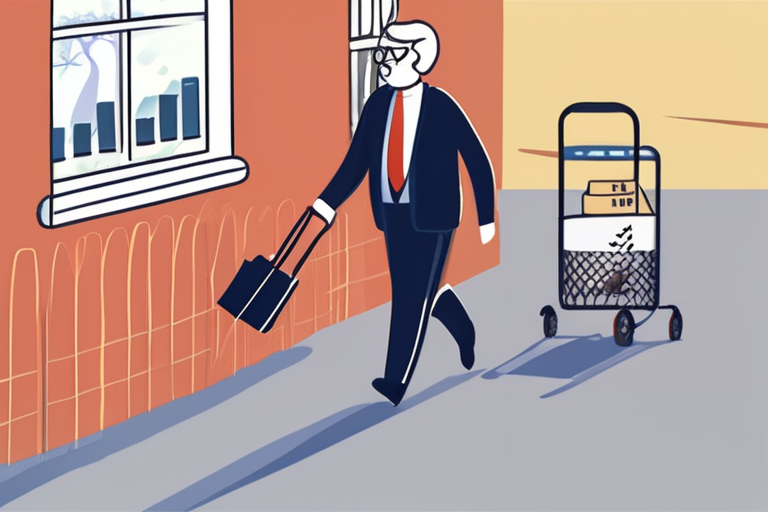OpenAI Freed from ChatGPT Data Preservation Order, Except for Key Exceptions


Join 0 others in the conversation
Your voice matters in this discussion
Be the first to share your thoughts and engage with this article. Your perspective matters!
Discover articles from our community

 Hoppi
Hoppi

 Hoppi
Hoppi

 Hoppi
Hoppi

 Hoppi
Hoppi

 Hoppi
Hoppi

 Hoppi
Hoppi

The Unseen Threat: "Sai: Disaster" Brings AI-Powered Suspense to the Big Screen In a world where technology is increasingly intertwined …

Hoppi

State Pension Likely to Rise by 4.7% Next Year: What It Means for Pensions and the Economy The UK's state …

Hoppi

BREAKING NEWS UPDATE Three dead after historic funicular railway derails in Lisbon7 minutes agoShareSaveShareSaveAntónio Dos Reis CamposAt least three people …

Hoppi

Sanders, Mamdani Rally Progressive Voters as NYC Mayor's Race Intensifies A crowd of approximately 1,700 people packed the auditorium at …

Hoppi

BREAKING: Ukraine Issues Dire Warning of Global AI-Driven Arms Race Escalation Ukrainian President Volodymyr Zelenskyy has issued a stark warning …

Hoppi

Selena Gomez Revives 'Revival' on Vinyl for 10-Year Anniversary Celebration Selena Gomez is celebrating the 10-year anniversary of her hit …

Hoppi